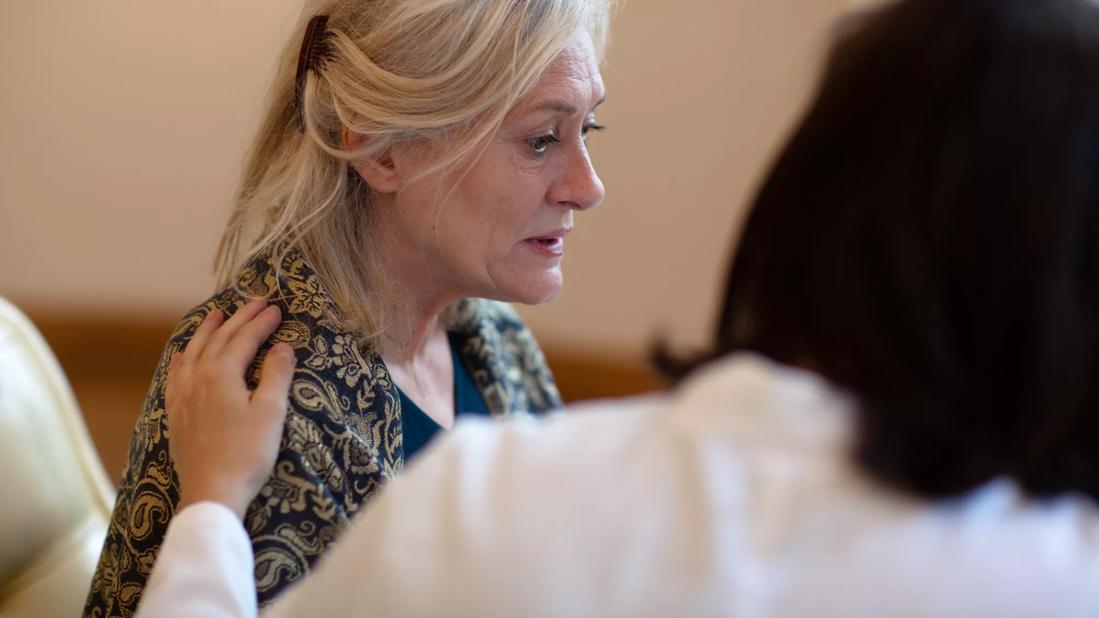Benevolence and nonmaleficence in self-disclosure

By Becky Tilahun, PhD
Advertisement
Cleveland Clinic is a non-profit academic medical center. Advertising on our site helps support our mission. We do not endorse non-Cleveland Clinic products or services. Policy
Self-disclosure is known to be a beneficial factor in a doctor-patient relationship. Most caregivers have their own personal philosophy on sharing personal information with the intention of helping their patients. Self-disclosure, however, can also be disadvantageous or unethical in some cases and providers have to be cognizant of both the potential benefits and risks.
Yes, self-disclosure has its utility in a doctor-patient relationship. It helps to strengthen the working alliance by creating a feeling of closeness and positive connection. It can also be a powerful tool that compels patients to comply with healthy recommendations.
Taking this scenario, if a family physician shares with an ambivalent patient that she herself had to take an antidepressant when she lost a child, a grieving parent may benefit from that self-disclosure on many levels. It communicates to the patient that (a) the provider understands the grief and suffering, (b) it is OK to talk about depression, (c) struggling with grief after losing a child is a normal reaction, and (d) even highly educated professionals can need medical help in difficult times such as this. The provider then becomes not only an empathetic caregiver but also a healthy role model for how to survive a life-altering loss. Self-disclosure can certainly increase our effectiveness in our work with patients.
On the contrary, self-disclosure can also have its risks and disadvantages. Self-disclosure can blur the professional boundary and change the relationship into friendship which may negatively affect the treatment. Self-disclosure can also create an intense emotional reaction in patients who may not be comfortable to learn about their doctor’s personal life. In the scenario discussed above, it can cause the patient the burden of worrying for the provider. Given the potential risks it poses, self-disclosure can be a slippery slope that needs to be done with abundance of caution.
Advertisement
Here are some factors to bear in mind when engaging in self-disclosure:
Self-disclosure can be a gift to patients that improves their comfort level in the exam room and thereby contributing to the treatment success. However, ill-thought-out self-disclosure can in fact have the opposite effect on patients and caregivers need to be aware of all the risks.
Frank, E. Breyan, J. & Elon, L. (2000). Physician disclosure of healthy personal behaviors improves credibility and ability to motivate. Arch Fam Med, 9, 287-290.
Lussier, M & Richard, C. (2007). Self-disclosure during medical encounters. Can Fam Physician, 53, 421-422.
Becky Tilahun, PhD, is associate staff in the Center for Behavior Health in the Neurological Institute. She is a clinical psychologist who specializes in conversion disorder. She has special interest in professional staff well-being and burnout prevention.
Advertisement
Advertisement

Pulmonologist-scientist is awarded a $2 million grant from the NIH

Cardiologists offer professionals guidance for better sleep

Reduce stress by adopting mindfulness as a way of life

A Q&A with sports medicine physician Dominic King, DO

Reflections on providing all patient care with the same respect

3 Women's Professional Staff Association members field this question

It's time to take care of YOU

A Q&A with Charles Miller, MD